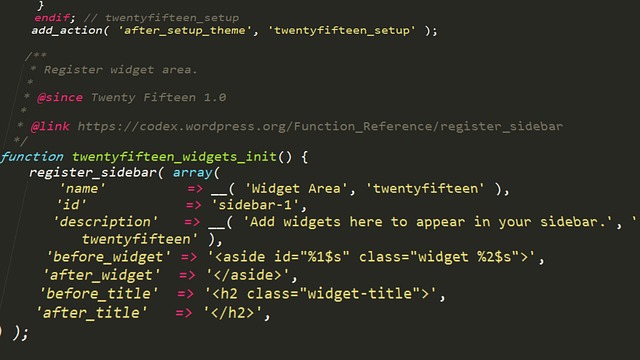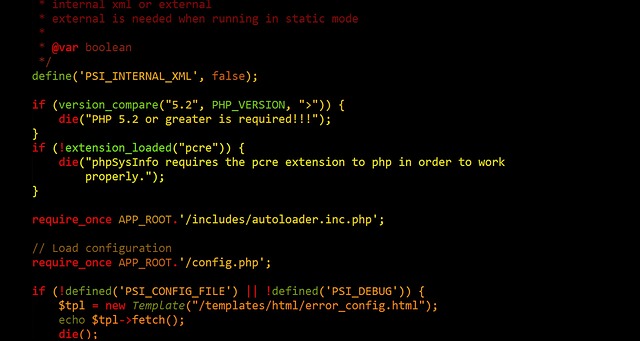Is Vue.js a Frontend Framework?
In the world of web development, there are many different frameworks and libraries that can be used to create a website or application. One of the most popular frameworks is Vue.js, an open-source JavaScript framework for building user interfaces and single-page applications. But what exactly is Vue.js and is it a frontend framework?
In this article, we’ll explore the basics of Vue.js and answer the question as to whether it can be classified as a frontend framework. We’ll also discuss the advantages and disadvantages of using Vue.js as a frontend framework and provide some tips on choosing the right framework for your project.
What is Vue.js?
Vue.js is an open-source JavaScript framework for building user interfaces and single-page applications. It was created by Evan You in 2014 and has since become one of the most popular frontend frameworks. Vue.js is based on the MVVM (Model-View-ViewModel) architectural pattern and uses components to create reusable user interfaces.
Vue.js offers developers an easy-to-learn syntax, an intuitive API, and a robust set of features that make it a great choice for creating web applications. It’s also lightweight and highly performant, making it ideal for creating dynamic, interactive user interfaces.
Is Vue.js a Frontend Framework?
Yes, Vue.js is a frontend framework. It’s designed to be used for creating user interfaces and single-page applications, which makes it a great choice for developers who want to create interactive web applications.
Vue.js is also a great choice for developers who want to create lightweight, high-performance applications. It has a simple syntax, an intuitive API, and a robust set of features that make it an ideal choice for creating modern web applications.
Advantages and Disadvantages of Using Vue.js as a Frontend Framework
Vue.js has many advantages as a frontend framework, including its easy-to-learn syntax, intuitive API, and robust set of features. It’s also lightweight and highly performant, making it ideal for creating dynamic, interactive user interfaces.
However, Vue.js also has some disadvantages. It has a smaller community than other popular frontend frameworks, which can make it more difficult to find answers to technical questions. Additionally, it may be more difficult to find developers who are experienced in working with Vue.js.
Tips for Choosing the Right Framework for Your Project
When choosing a frontend framework for your project, it’s important to consider your project’s requirements and goals. If you need a lightweight, high-performance framework, then Vue.js may be a good choice. However, if you need a larger community of developers and a more robust set of features, then you may want to consider other options such as React or Angular.
It’s also important to consider the learning curve of the framework you choose. Vue.js has a relatively simple syntax and intuitive API, making it a great choice for beginners. On the other hand, frameworks such as React and Angular may require more time to learn.
Conclusion
Vue.js is a popular frontend framework for creating user interfaces and single-page applications. It’s lightweight and highly performant, making it ideal for creating dynamic, interactive user interfaces. However, it may not be the best choice for every project, as it has a smaller community than other popular frontend frameworks and may be more difficult to find developers who are experienced in working with Vue.js.
When choosing a frontend framework for your project, it’s important to consider your project’s requirements and goals. Additionally, it’s important to consider the learning curve of the framework you choose, as some frameworks may require more time to learn than others. Ultimately, the right framework for your project will depend on your specific needs.












